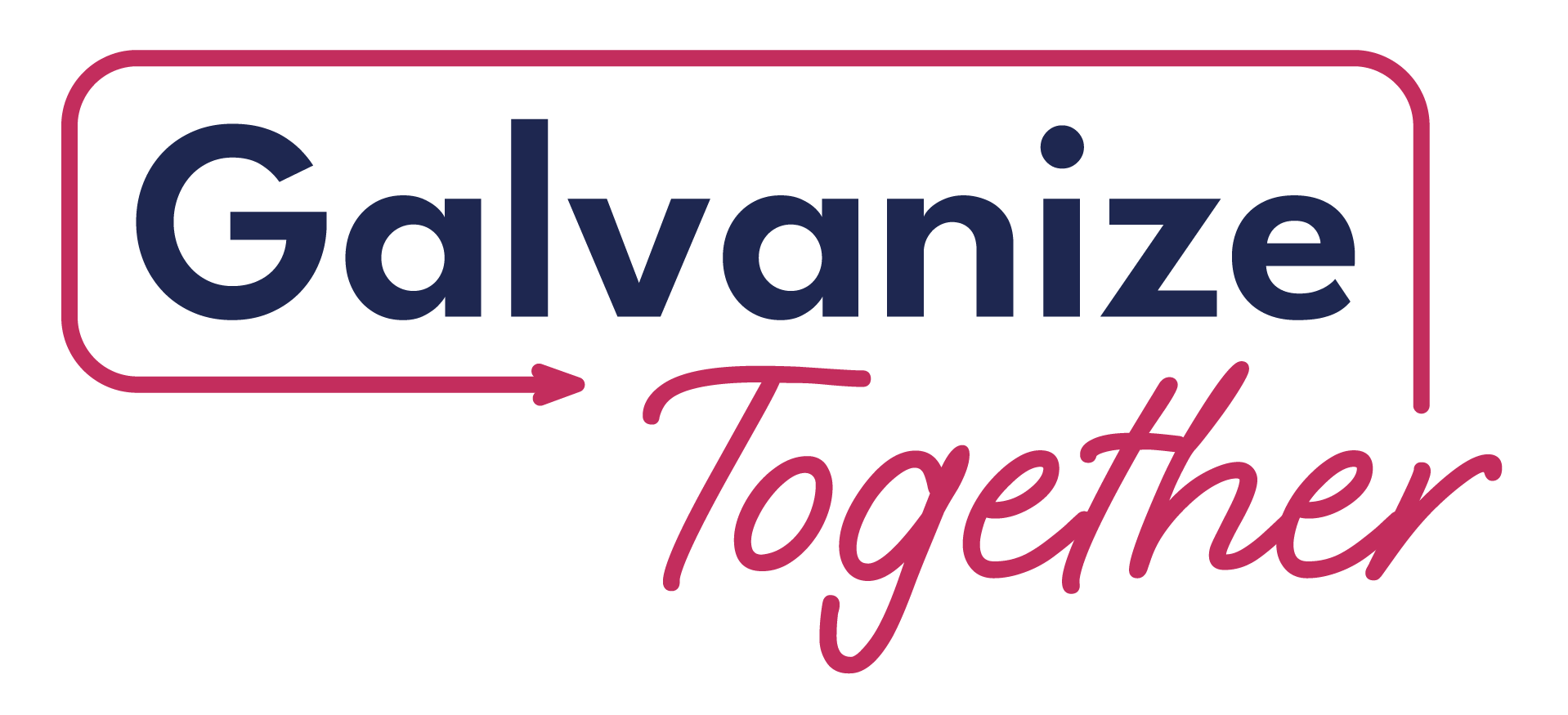How can I help in the aftermath of a hurricane?
Reading Time: 3 minutes
Share:
Dear Grace,
My whole social media feed is showing me flooded and destroyed homes. I don’t know anyone personally in the path of the hurricanes but seeing all of these families who have lost everything is tearing me up. The damage is so devastating…how will they ever rebuild? Is there anything someone like me can do to help?
– Worried in Wisconsin
Dear Worried,
I’ve been worried too. In the age of the 24-hour news cycle and the never-ending social media feed, we are seeing so many images and stories of people and whole communities suffering. My heart is especially broken seeing the folks who couldn’t afford to evacuate or were told by their bosses that they needed to stay in order to work. These stories weigh on us. As much as it is important to stay informed on what is happening in our country, I hope you are taking social media and news breaks now and then to take care of your own mental health. You can’t be your best, most helpful self if you’re too overwhelmed with grief.
You are also not alone in wanting to help! So many of us have been searching for ways to support the families (and pets!) who have been impacted by the hurricanes. I love that our community of women cares so deeply for each other (and for our fellow Americans). That is one of the things I love most about our country—that we’re not afraid to roll up our sleeves to get things done, even for people who are several states away. Here is my advice for how to make a difference and support recovery efforts:
Double-check before you give. Giving—whether it’s time, money, blood, or household necessities—in the wake of a disaster is a great way to help out. But anytime we’re faced with an emergency, we have to be extra careful that the ways we’re giving are legit. Scams thrive in moments of chaos, so if you’re looking for a way to help, start here for verified advice on where and how to donate.
- Pro Tip: Speaking of scams. . . times of uncertainty always kick the rumor mill into gear. Check out this quick list of common myths to get a sense of what is really going on at FEMA.
Prepare your family for intense weather. We’ve all seen the uptick in extreme weather events over the last several years, and scientists tell us that it’s not going away. You can put some of your own fears at ease by looking at the disaster risk in your area and taking some modest steps to prepare (no hoarding toilet paper!). A big part of preventing these disasters is taking care of the planet to begin with, so it’s important that we all stay tuned in to what the government is doing to prevent extreme weather, protect communities, and offer relief when disaster does strike. There are also local groups in most communities working to take care of the environment and prepare for extreme weather, see if there is a group in your town that you could get involved with!
Remember, you’re human. It’s normal to feel shocked and scared by the reports and images you’re seeing. Seeing folks with flooded apartments and in houses without roofs reminds me of images from Hurricane Katrina in New Orleans or Hurricane Maria in Puerto Rico—it’s scary. But know that there are also stories out there of hope. Folks are helping each other fill out their FEMA applications, churches are grilling to feed whole communities, and one man in Florida even hopped on his surfboard to save a neighbor whose home was flooding. Our country has recovered from natural disasters before. We will come together and rebuild just like we did then.
I love that you are a woman of action, Worried. It would be easy to curl up on a ball and crawl under the blankets, but instead, you’re figuring out how to help. It’s inspiring to see that, even in the wake of so much hardship, people from all corners of the country and all walks of life are coming together to support each other.
Right there with you,
Grace



